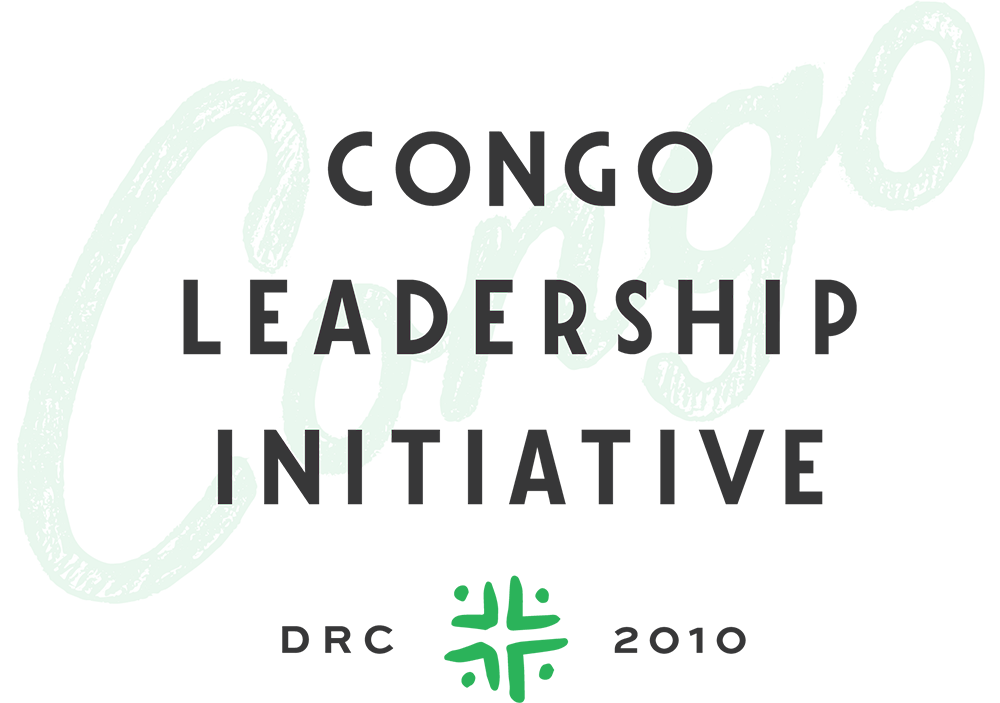Some thoughts on the Congo's recent political reforms
Much has been made lately, in the aftermath of a likely-flawed election, of seemingly-major changes in the DRC’s policy towards political exiles, appointment of a Prime Minister, and macroeconomic policy. What does this all mean in the grand scheme of the Congo’s history and what does it say about the status of Congolese leadership?
First, the positive perspective: Numerous political exiles, including the powerful Moise Katumbi, are returning home for the first time in years. President Felix Tshisekedi at least appears to be pursuing the reforms he promised as a candidate. More time will be needed to see how these reforms play out, but this week brought good news and a positive start.
Additionally, with news today of the IMF’s planned meeting with the new administration, it appears to be the case that Tshisekedi is taking economic reform seriously as well - particularly as it relates to the DRC’s rampant corruption. Our thoughts, as always, are with our talented young leaders and alums starting businesses in the DRC. We strongly support any reforms that make it easier for them to do so!
Nevertheless, Tshisekedi has been slow to form his government. This week, the appointment of Sylvestre Ilunga Ilukamba as Prime Minister is a potentially troubling development. At the very least, the appointment of Ilukamba (a Kabila loyalist) makes it clear that the Kabila regime is still quite close to the action.
Finally, a word on the recent Foreign Policy piece that deftly put the DRC’s political situation into context for citizens of democracies everywhere. For those who may wonder why the socio-political goings-on of a country thousands of miles away should matter to Americans, the title of the piece foreshadows a critical insight: No Democracy is an Island. Indeed.
